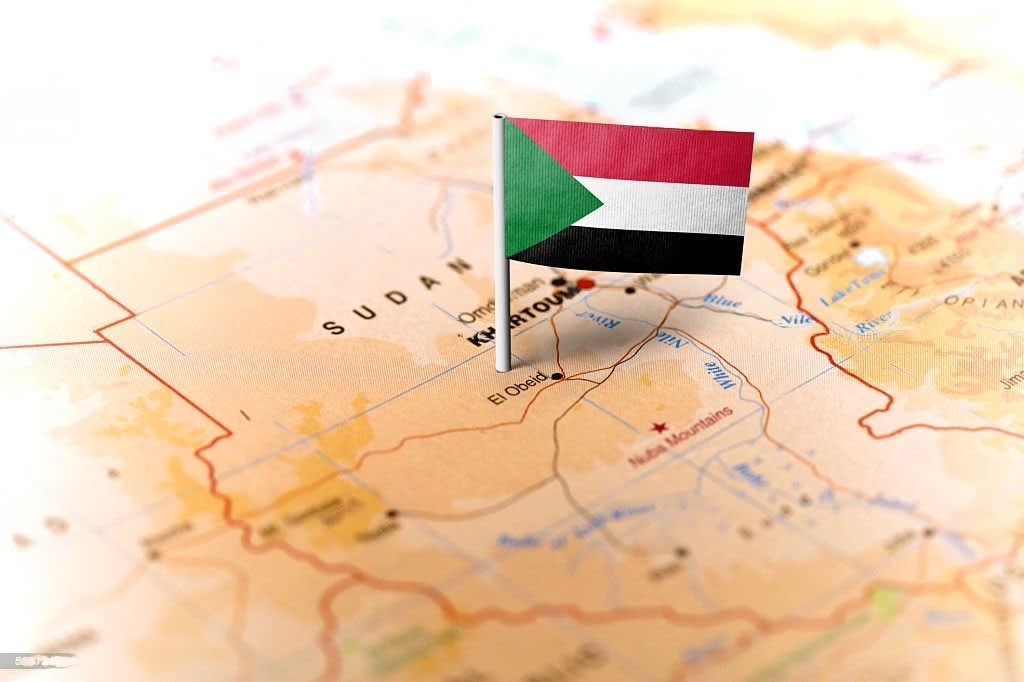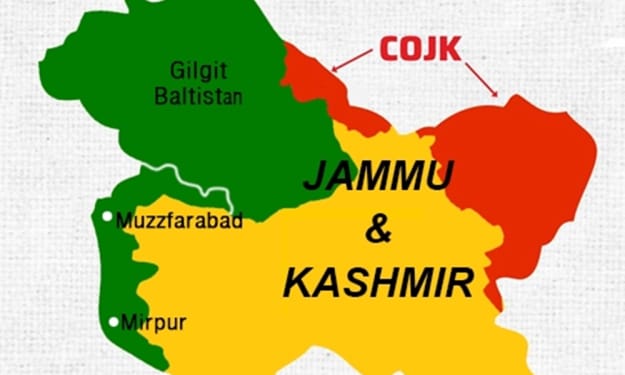From Revolution to Betrayal
The Unraveling of Sudan's Democratic Dreams

In December 2018, a revolution erupted in Sudan, as civilians rallied against President Omar Bashir's oppressive military regime, demanding democracy. Just a few months later, two influential figures, who once stood together in ousting Bashir through a coup, found themselves at odds, plunging Sudan into a devastating conflict that has claimed countless lives. This blog aims to unravel the rapid transformation from hope to chaos in Sudan and the complex dynamics that turned former partners into adversaries.
Sudan has a long history of military coups, with successive leaders being overthrown by the military. The Sudanese Armed Forces (SAF), formerly known as the official military, has wielded significant power in the country for almost a century. This power was exercised soon after Sudan gained independence from Anglo-Egyptian rule.
The first successful military coup occurred in 1958 when Abdullah Kalil, a retired military officer and sitting prime minister, toppled his own civilian government, ushering in military rule. In a similar vein, Colonel Jaafar Nimeiry orchestrated another successful coup, dismantling a short-lived democracy in the process. By 1985, Nimeiry was also ousted, leading to the rise of another military officer who installed a new democratic government. Four years later, Colonel Omar Bashir seized power and proclaimed himself as the new head of state.
However, Bashir adopted a different approach from his predecessors, as he was aware of the potential for a similar fate. To safeguard his position, he employed a strategy called "coup proofing," surrounding himself with protectors while ensuring their loyalty. The SAF played a crucial role in Bashir's regime, as he strengthened the army and maintained a close relationship with them. The SAF was instrumental in suppressing the civil war in southern Sudan, following Bashir's orders to brutalize civilians in the region.
Another conflict emerged in Darfur, where neglect and lack of representation had fueled unrest for years. In 2003, rebel groups in Darfur launched attacks against government troops. Rather than relying on the SAF, Bashir chose to arm local Arab militias known as the Janjaweed, who operated under his command. The Janjaweed, notorious for their brutality, carried out mass killings, rape, and displacement of civilians, exacerbating the crisis in Darfur. The SAF and the Janjaweed were responsible for the destruction of numerous villages and the loss of thousands of lives.
Bashir's reliance on various forces, including the Janjaweed, demonstrated his understanding of maintaining power. Among the Janjaweed militias, one leader stood out as Bashir's most trusted ally: Mohamed Hamdan Dagalo, also known as Hemeti. Bashir referred to Hemeti as "my protection," emphasizing his significance in safeguarding Bashir's regime. This association allowed Hemeti to gain influence and power.
Following South Sudan's independence, Sudan's economy suffered a blow, as many oil resources were located in the newly independent country. To consolidate his power, Bashir elevated Hemeti and the Janjaweed to an official paramilitary force called the Rapid Support Forces (RSF) in 2013. Initially, the RSF operated under Sudan's intelligence agency, the National Intelligence and Security Service (NISS), which served as another protector of Bashir. However, in 2017, Bashir directly placed Hemeti under his command, clarifying that the RSF's primary role was to protect him.
Bashir ensured the loyalty of the RSF by granting Hemeti financial autonomy and allowing him to control Darfur's gold mines. Hemeti used his newfound wealth to establish relationships with influential individuals in other countries and engage in arms smuggling and resource exploitation. Meanwhile, Bashir maintained the SAF's involvement in major industries such as weapons production and telecommunications, further enriching both forces.
While Bashir and his protectors amassed wealth, the Sudanese people grappled with economic hardship. In 2018, protests erupted amid a severe economic crisis. The government's allocation of the budget predominantly to the security sector, including Bashir's protectors, sparked outrage among the populace. The protests became the largest revolution in Sudan's history, spreading across the country and culminating in Khartoum, the capital.
Bashir, backed by the RSF, SAF, and other security sectors, initially cracked down on the protesters who demanded democracy. However, the protesters persisted for months, challenging Bashir's regime. Eventually, on April 11th, 2019, the SAF commanders collaborated with Hemeti and removed Bashir from power, surprising both civilians and Bashir himself. Although the removal of Bashir was celebrated by protesters, they remained skeptical of Hemeti, viewing him as complicit in the violence unleashed in Darfur.
Abdel Fattah al-Burhan, a former regional commander in Darfur, assumed control of the transitional council alongside Hemeti. The international community, including the United States, the United Kingdom, Ethiopia, and the African Union, pressured Sudan's military and protesters to accept a power-sharing agreement. The agreement stipulated a transitional council with representation from both the military and civilians. The military would initially hold power for 21 months, followed by civilians for 18 months, ultimately leading to civilian rule.
However, the council faced internal challenges. Burhan and Hemeti assumed key positions within the council, despite protests warning against their involvement due to their past actions in Darfur. Initially, the council adhered to the agreement, appointing a new prime minister, Abdallah Hamdok. Yet, further military interventions, including a staged coup, led to Hamdok's resignation in January 2022, reinstating Burhan as the de facto leader with Hemeti as his second-in-command.
Disagreements between Burhan and Hemeti regarding the integration of the RSF into the army further strained their relationship. Burhan aimed for the integration to occur in two years, while Hemeti proposed a timeline of ten years, creating a significant rift between them and triggering the current conflict. Sudan is now torn apart by the forces led by Burhan and Hemeti, resulting in the loss of civilian lives and mass displacements.
Ceasefires have been repeatedly broken, and peace talks have yielded little progress. What was once a hopeful revolution for democracy has been derailed by the power struggle between these two military leaders. The protesters who aspired for democracy now feel betrayed by the de facto leaders of Sudan and even by the international community that claimed to support their aspirations.
About the Creator
Enjoyed the story? Support the Creator.
Subscribe for free to receive all their stories in your feed. You could also pledge your support or give them a one-off tip, letting them know you appreciate their work.





Comments
There are no comments for this story
Be the first to respond and start the conversation.